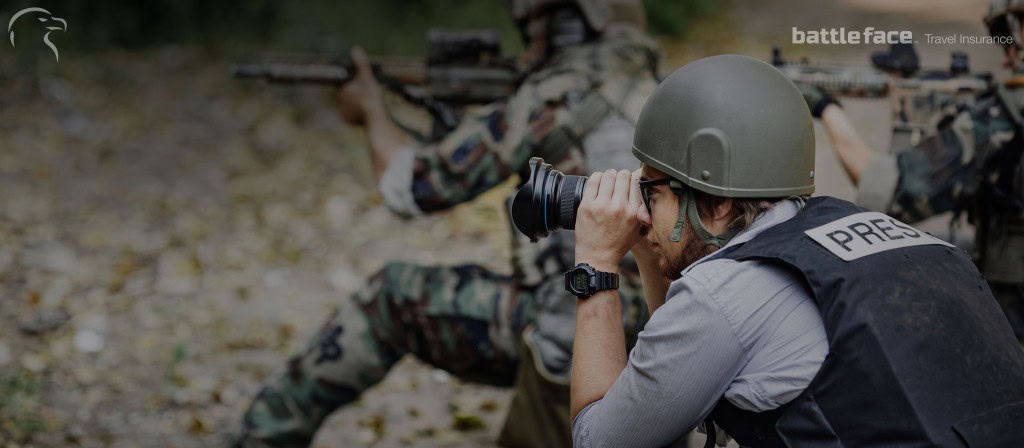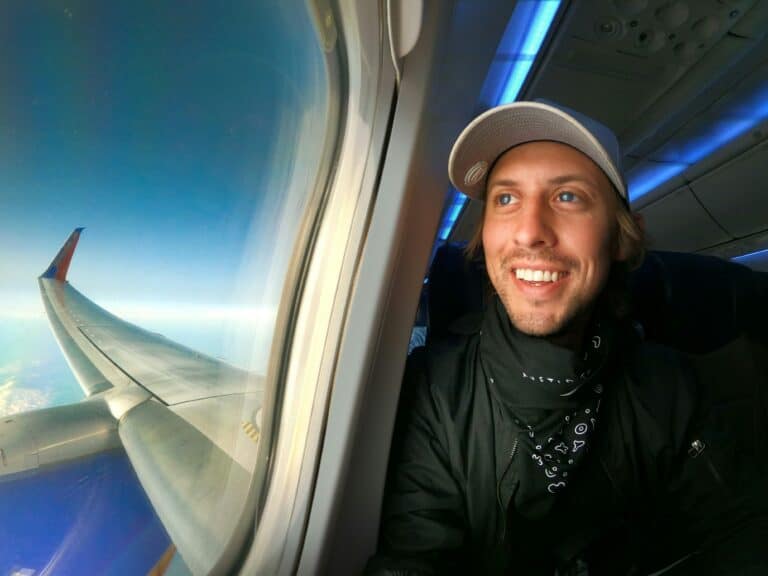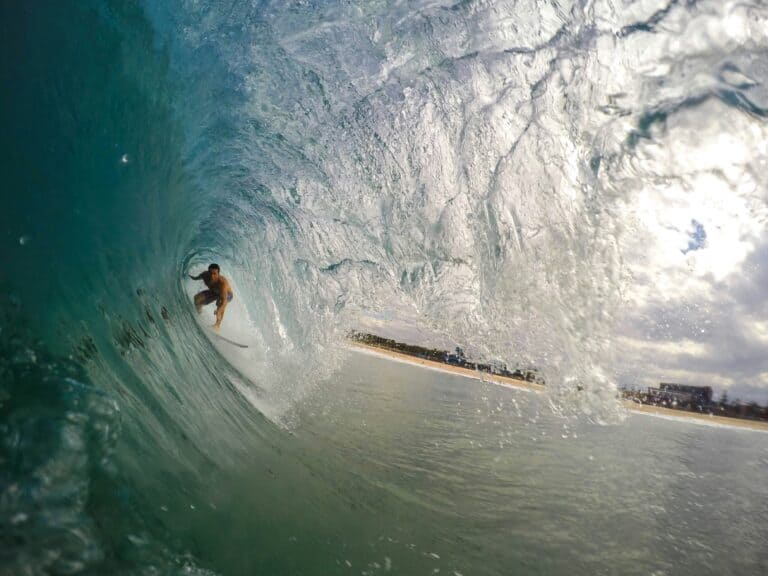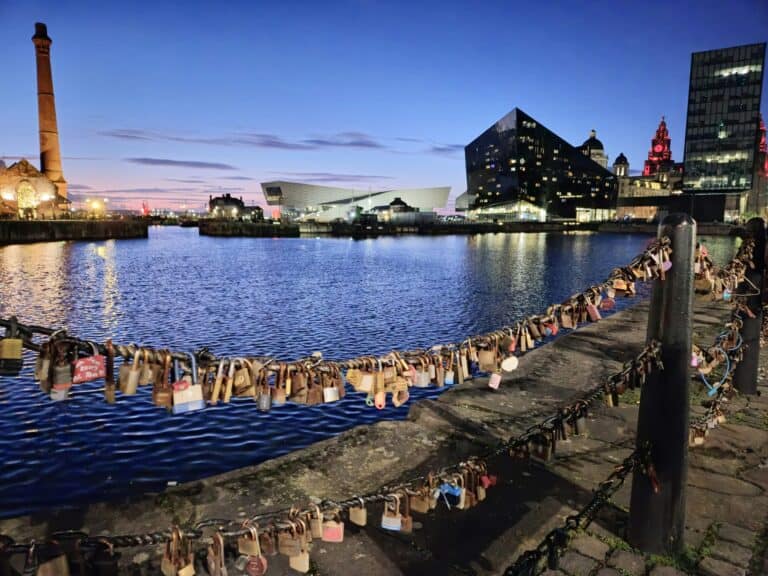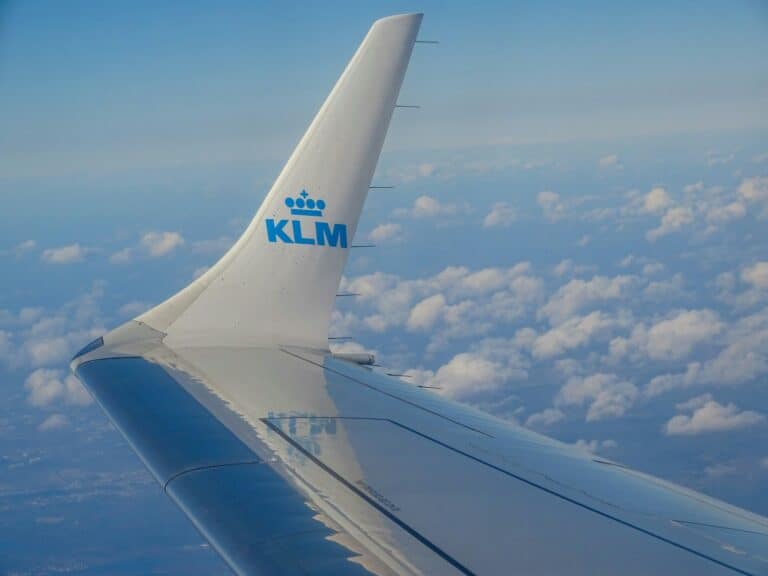Communicating over long distances has never been easier. This has changed the face of war, and the way we report it.
Todays media consumers expect up-to-the-minute reporting and images, even whilst tightly-budgeted traditional news sources continue to pull their journalists and photographers from conflict zones. Back in the typewriter days, freelancing was a rite of passage for cub reporters. With today’s ultra-competitive media markets, freelancing is now a full-time career.
Freelancers face more risks than steady-gig journalists
Though freelancers rely on the support of colleagues, contacts and sources, funding for ‘extras’ like combat or emergency medical training comes down to what they can afford. Independent journalists often work with minimal travel medical insurance: news agents pay by the story, not the time and risk spent getting it.
As freelancer numbers continue to grow, these moral and financial issues are seeing more sunlight.
After Marie Colvin’s 2012 death in Homs, The Sunday Times reacted by banning the use of freelance material from Syria. Other papers have turned down commissions because they could not afford to insure journalists.
Skills training sessions and advice forums continue to increase, but not as quickly as death rates. According to the Committee to Protect Journalists, (CPJ), only 4% of journalists killed in 2010 were freelance. The numbers aren’t getting better. CPJ shows 94 of the 387 journalists killed from 2013-2019 worked independently.
How freelancers can protect themselves
Diligent research, HET courses, and networking can help freelance journalists can increase their chances of coming home in one piece.
Cost remains an issue in a market that demands cheap and clickable content from the world’s hot zones. CPJ and the International Federation of Journalists can help independent journalists, through discounted insurance schemes, gear rental, emotional and monetary support, and safety training.
Emergency medical coverage in conflict zones will never be cheap, but the outlay pales in comparison to an out-of-pocket medical evacuation, which can run into tens of thousands. By choosing a plan that corresponds to job- and location-specific needs, freelancers can avoid paying for padding they won’t use. battleface offers plans that can be tailored for limits, with add-ons section including gear coverage, repatriation of remains and crisis response services.
Freelance reporting will never be an easy job. However, armed with information and the right insurance, it can be safer.
